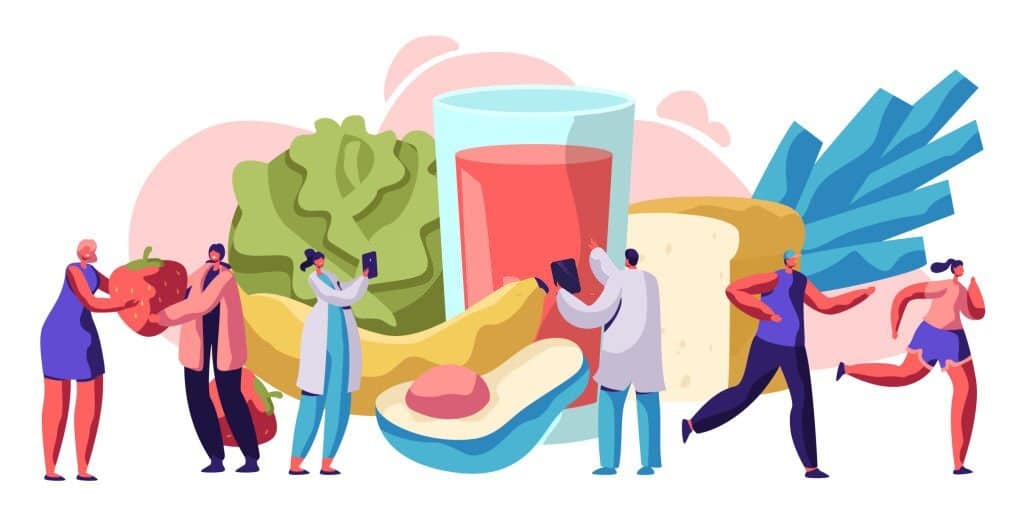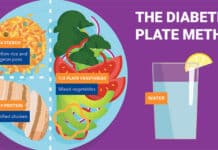Did you know that healthy eating can help people with diabetes manage their disease and reduce the risk of complications?
That’s why so many nutritionists recommend a balanced diet with plenty of fruits, vegetables, whole grains, lean meat, and low-fat dairy products.
But to make things more complicated, there are many different types of diabetes. Each one requires a different diet and treatment plan.
And that’s why this article is packed with useful advice for everyone who has diabetes and wants to eat healthier. Let’s get started!
What to Eat and What to Avoid

When you have diabetes, you need to avoid certain foods and eat others. This is because each type of diabetes has different causes and requires a different diet.
Diabetic patients should avoid eating high-fat foods like meat and cheese. They should also avoid foods containing large amounts of sugar, such as soft drinks and candies.
Diabetic patients who have been prescribed medication should avoid grapefruit and grapefruit juice. This is because grapefruit inhibits the metabolism of certain drugs.
Furthermore, people with diabetes should eat more fiber-rich foods like whole grains and vegetables. They should also drink plenty of water to stay hydrated. It would be best if you didn’t drink sugary beverages or sodas.
A healthy diet should also include healthy fats like nuts, seeds, and fatty fish. This will help you get enough omega-3 fatty acids.
Whole Grains
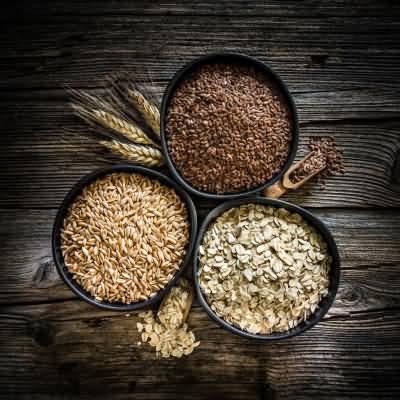 The best grains for people with diabetes are whole grains. These are high in fiber and rich in nutrients.
The best grains for people with diabetes are whole grains. These are high in fiber and rich in nutrients.
Unlike refined grains, they aren’t processed or stripped of their nutrients. That’s why they offer many health benefits.
You can buy whole grains in the form of bread, pasta, rice, and cereals. People with diabetes do not have to avoid all grains. But they should exercise caution when eating them.
Some high-carbohydrate foods, such as rice, barley, and oats, should be avoided.
If you have diabetes, you should consume no more than 45 grams of carbohydrates per meal. This is because high-carb foods can lead to high blood sugar levels.
Eating too many high-carb foods can also increase your risk of developing heart disease.
Fruits and Vegetables
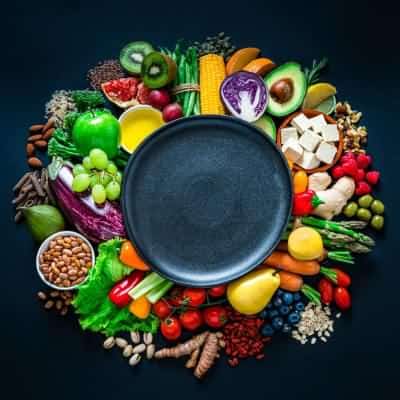 People with diabetes should eat plenty of fruits and vegetables every day. These are rich in fiber and vitamins that are essential for good health.
People with diabetes should eat plenty of fruits and vegetables every day. These are rich in fiber and vitamins that are essential for good health.
They can help prevent many diseases such as heart disease, diabetes, cancer, and stroke. Fruits and vegetables are generally low in calories and contain no fat.
They have a low glycemic index and can help you maintain a healthy weight.
Fruits and vegetables are also great sources of soluble fiber. This can lower blood cholesterol levels, reduce the risk of heart disease and help you control blood sugar levels.
People with diabetes should avoid eating large amounts of fruits with high glycemic indexes. These include bananas, grapes, watermelon, pineapple, and cantaloupe.
Lean Meats and Chicken
 People with diabetes should eat plenty of lean meat and chicken. Lean meat is low in fat and very nutritious. It contains high-quality protein, essential minerals, vitamins, and amino acids.
People with diabetes should eat plenty of lean meat and chicken. Lean meat is low in fat and very nutritious. It contains high-quality protein, essential minerals, vitamins, and amino acids.
Lean meat can help you stay fit and healthy. It can also prevent certain types of cancers. When buying meat, choose those that are low in fat.
Chicken breast, turkey, and fish are particularly recommended. But remember that meat has calories and can make you gain weight. So you should eat it in moderation.
People with diabetes should avoid eating ground beef. This type of meat has a high-fat content and can increase your blood sugar level.
Beans and Legumes
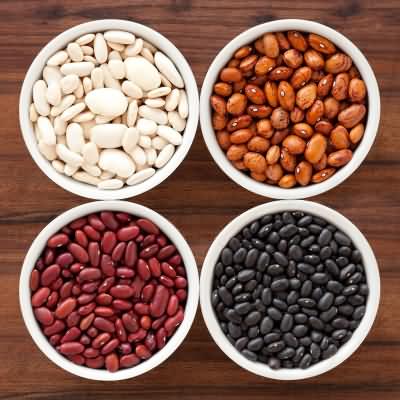 Diabetics should eat plenty of legumes and beans. These are high in fiber and low in calories. They are also rich in vitamins and minerals. They can help you maintain a healthy weight.
Diabetics should eat plenty of legumes and beans. These are high in fiber and low in calories. They are also rich in vitamins and minerals. They can help you maintain a healthy weight.
Beans and legumes can lower your blood cholesterol levels and decrease your risk of developing heart disease.
People with diabetes should avoid eating large amounts of beans and legumes. This is because they have a high glycemic index.
They should also be careful not to eat too many of them at once. Eating too many beans and legumes can cause flatulence and stomach pain.
Fish and Seafood
 Fish and seafood are rich in protein, vitamins, and minerals. These foods can help maintain a healthy heart. They can also prevent certain types of cancers and promote weight loss.
Fish and seafood are rich in protein, vitamins, and minerals. These foods can help maintain a healthy heart. They can also prevent certain types of cancers and promote weight loss.
Fish and seafood are healthy regardless of whether you have diabetes or not. But they are even more beneficial for people with diabetes. They can help you reduce your cholesterol levels and blood sugar levels.
Fish and seafood are low in calories, fat, and sodium. They are also very filling and can help you stay fit and healthy.
But don’t forget to eat baked or grilled fish. Deep-fried fish and seafood are very high in fat.
Calcium-Rich Foods
 Calcium is a mineral that is essential for good health. It is necessary for building strong bones and teeth. It can also prevent diseases like osteoporosis, hypertension, and heart disease.
Calcium is a mineral that is essential for good health. It is necessary for building strong bones and teeth. It can also prevent diseases like osteoporosis, hypertension, and heart disease.
It is crucial for people with diabetes to consume food that is rich in calcium in order to prevent osteoporosis and other diseases associated with it.
Dairy products such as yogurt, cheese, and milk are safe if you have diabetes, as are dark green vegetables such as broccoli, spinach, and kale.
People with diabetes are also at a higher risk of developing kidney stones. This is because they excrete more uric acid than people without diabetes. Excessive uric acid can lead to the formation of kidney stones.
Therefore, it is important for people with diabetes to maintain a healthy diet to avoid high uric acid levels. Some foods that can help reduce uric acid include cherries, raspberries, strawberries, almonds, blueberries, blackcurrants, and blackberries.
Dark Chocolate and Diabetes
 Dark chocolate with at least 70% cocoa is a healthy food that can help you manage diabetes and lower blood pressure and cholesterol levels.
Dark chocolate with at least 70% cocoa is a healthy food that can help you manage diabetes and lower blood pressure and cholesterol levels.
It’s rich in flavonoids, minerals, and vitamins. It also has antioxidants that can prevent certain diseases.
Dark chocolate has a low glycemic index. This means it doesn’t cause sudden spikes in blood sugar levels. But remember that too much of anything is bad for you.
When you consume too much dark chocolate, you increase your blood sugar levels rather than regulate them. So eat it in moderation. You should eat at least one serving of dark chocolate per week.
Conclusion
People with diabetes need to eat a healthy diet that includes a variety of fruits and vegetables, lean meats, legumes, whole grains, and low-fat dairy products.
They should also limit their intake of foods that contain a lot of sugar and saturated fat. This is because these types of foods can increase blood sugar levels and put them at risk for developing diabetes complications.
When choosing foods, aim for low-glycemic foods like fruits and vegetables, whole grains, and lean meats.
And remember—while it’s important to eat healthily, moderation is key. If you find that you’re struggling with eating healthier, talk to your doctor about making changes to your diet and medication regimen.
And if you’re still struggling, talk to a nutritionist about what you should be eating to get the most nutritional bang for your buck.

